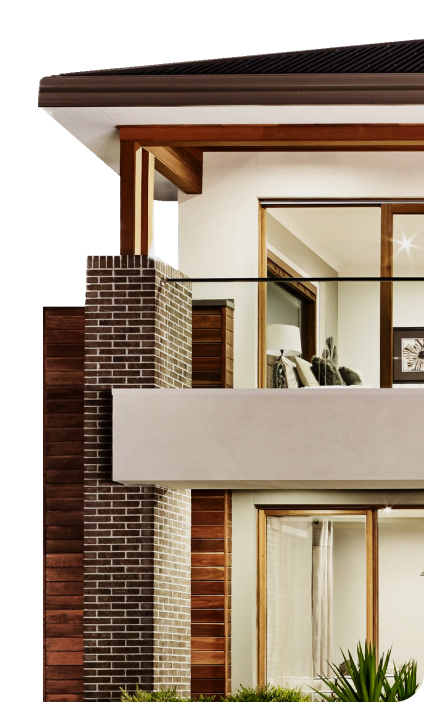An FHA home loan is a mortgage option that’s backed by the Federal Housing Administration (FHA). Designed for low- to moderate-income borrowers, FHA home loans require smaller down payments than conventional loans and can work with lower credit scores.
What Is An FHA Loan?
Have you heard of an FHA loan but not sure what that actually entails? An FHA home loan is designed to make homeownership more affordable. Learn more in this video.
Are you ready to buy your first home but are working with a limited income or still saving money for a down payment? FHA loans have been helping people buy homes, whether their first or their fourth, since 1934, and this option could be the right solution for you.
FHA vs. Conventional Loans
What’s is the difference between an FHA loan and a conventional loan? A few things, actually. Mainly, FHA loans are backed by the Federal Housing Administration and only offered by FHA-approved lenders while conventional loans are not backed by any federal entity.
Another difference is that FHA loans generally have smaller down payment requirements than conventional loans. Plus, you could expect to pay private mortgage insurance (PMI) with an FHA loan however you could avoid paying PMI on a conventional loan if you make at least a 20% down payment.
What's The Maximum FHA Loan Amount?
The maximum loan amount (a.k.a. loan limit) on any mortgage is often based on whether you live in a low- or high-cost area, as well as how many units are on the property. This includes FHA loans. The maximum loan amount that applies to you will depend on where you want to live. Keep in mind that the typical FHA candidate may already have financial limits. That makes this less of an issue.
What are the Benefits of an FHA Loan?
FHA home loan programs typically help first-time homebuyers, seniors or others with limits on what they can afford. FHA home loans offer the following benefits:
- A low 3.5% down payment
- Flexible income and credit requirements
- Low closing costs
How To Qualify For An FHA Loan
Since FHA loans are backed by the Federal Housing Administration, they typically have more flexible qualification requirements compared to conventional loans. Some requirements a borrower needs to meet to qualify for an FHA loan include:
- An FHA loan may only be used to purchase a primary residence
- The house must meet FHA guidelines and meet minimum property standards
- The home must be owner occupied
How To Apply For An FHA Loan
If you plan to apply for an FHA home loan, there are a few eligibility requirements you will need to take into consideration. FHA loan requirements include:
- Two most recent years’ worth of verifiable income (W-2s)
- Two most recent years’ tax returns
- Other verifiable income (child support, alimony, Social Security, etc.)
- Copy of your driver’s license
Ready to get started? Contact us today!
What Type of FHA Loan Is Best For Me?
FHA loans come in many varieties, which means any one of them could fit your needs. After you determine your down payment, consider your credit score, and compare rates, you can pick from fixed-rate FHA options or adjustable-rate FHA options.
FHA Fixed-Rate Home Loans
There are multiple types of fixed FHA mortgage rates, both of which offer the same rate throughout the life of the loan:
- 30-year fixed rate FHA
- 25-year fixed rate FHA
- 20-year fixed rate FHA
- 15-year fixed rate FHA
Either option offers the same interest rate stability, but the 15-year fixed rate FHA gives you greater power to move. With a higher monthly payment, you build up more equity in the house sooner. This means you can use proceeds from a house sale to make a bigger down payment on a future purchase, making it a smart long-term solution. A 30-year fixed rate FHA is the better option if you don’t plan on moving any time soon, or at all. Senior citizens often go this route when they look to downsize.
FHA Adjustable-Rate Mortgage
An FHA adjustable-rate mortgage (ARM) lets homeowners pay a low introductory interest rate for the first few years, after which the rate adjusts at set intervals for the rest of the life of the loan. If you know you want to buy a starter home that you will leave in a few years, then an ARM could make sense for you. PrimeLending offers the 5-year hybrid ARM (fixed for the first 5 years, change annually after that, annual cap of 2 percentage point and a lifetime cap of 6 percentage points.
